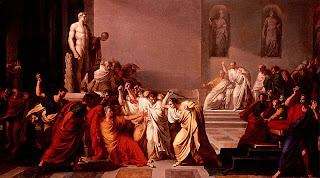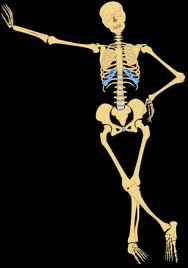My first teacher was a kind woman who lived near our house and taught at a government primary school. Each day, she arrived at our home for an hour to tutor my sister and me. I was about five, and my memories of those lessons are tinged with a soft haze. She introduced us to the rudiments of Malayalam, our mother tongue, and simple arithmetic. We scribbled on slates with chalk and slate pencils, wiping them clean with the ubiquitous “mashi thandu” humble shrub!
Next came Saroja, affectionately known as Saroja Teacher, a Brahmin in her mid-twenties who lived nearby. When my sister and I visited her home for lessons, we were greeted with an array of Tamil delicacies—sweets, savories, bajjis, and fluffy paniyarams. She taught at Holy Angels Convent School, where we studied, guiding me from first to fourth standard. Her home held a treasure trove: her brother’s vast collection of comics. I was captivated by the adventures of Phantom, Tarzan, Flash Gordon, Casper the Friendly Ghost, Richie Rich, and Mandrake the Magician. Her brother, a spirited dropout, spent his days immersed in comics, relishing food, and setting off firecrackers during Deepavali—a charming rogue by any measure. Saroja Teacher disapproved of my comic-reading between lessons, warning that their imperfect grammar could stunt a child's language. Thankfully, her elder sister’s gentle intervention let me lose myself in those vivid pages.
Around third standard, alongside Saroja Teacher’s classes, we began lessons with Ms. E. Sawyer, a middle-aged spinster who lived across the street. An Anglican by descent—not Anglo-Indian—she tutored us in English, often even in her kitchen as the aroma of her cooking filled the air. Her parrot, Polly, spoke English with startling clarity, outshining our own efforts. Years later, I sought her out after she moved to another part of town. She was very glad I remembered to visit her. But a few years later when I went there to only find strangers living there. If alive today, she would surely be over a century old—a quintessential Englishwoman, an enigma stranded or adrift in the subcontinent.
When I was in fifth standard, Mr. Sankaranarayana Iyer, a retired headmaster in his eighties, began teaching us at home on alternate days. A masterful educator in English, mathematics, and beyond, he transformed learning into a voyage of discovery. His lessons were never forced; instead, he invited questions and wove captivating tales into our studies. I still recall how he eased the dread of algebra by recounting stories of the Second World War, Churchill, and de Gaulle, making the subject almost palatable. His diverse anecdotes kept boredom at bay, embodying his belief that learning should be a joy, not a chore. He taught us through eighth standard. Years later, after college and into my working life, I visited him in Sreevaraham, Thiruvananthapuram. In his late nineties, he was frail yet sharp, recognising me instantly. Our final meeting, at his son’s home, eyes rheumy, found him weakened, unsure of who I was. He passed away soon after.
One moment stands out, etched with goosebumps: a reunion with another teacher after nearly a decade. I had last seen him when I visited his modest apartment at Government Model High School to invite him to my wedding. Retired from teaching, he served as the school’s chief warden, a role offered by the school in gratitude, along with a room beside the boarders’ block. A bachelor with no surviving family after his mother’s passing, he was a respected figure in Thiruvananthapuram. Of medium height, lean, and bald, with a flowing white beard and clad in an ochre dhoti and kurta, he carried the aura of a sage. Nearly every notable person educated at the school had been shaped by his guidance.
It was the morning of my cousin’s wedding in Thiruvananthapuram. As the groom’s traditional reception unfolded at the mandapam gates, I walked beside my cousin in the procession. Amid the crowd, I glimpsed a frail figure with a white beard, and he saw me. With a cry like a warrior’s call, he rushed forward, arms wide, shouting, “Eda Anil!” (Dear Anil). His bear hug was fierce, and I, caught in the moment, lifted him off the ground. Tears glistened in his eyes. As a family friend of the bride and their honoured guest, he brought an unexpected joy to the day. The crowd, unaware of our bond, stood stunned by this outpouring of affection from a teacher to his former student—a mediocre one, at that. He was Mr. Narayana Kurup, beloved “Kurup Sir.”
He passed away peacefully years ago, mid-meal at a local restaurant.
To “Sir, with love!”

























